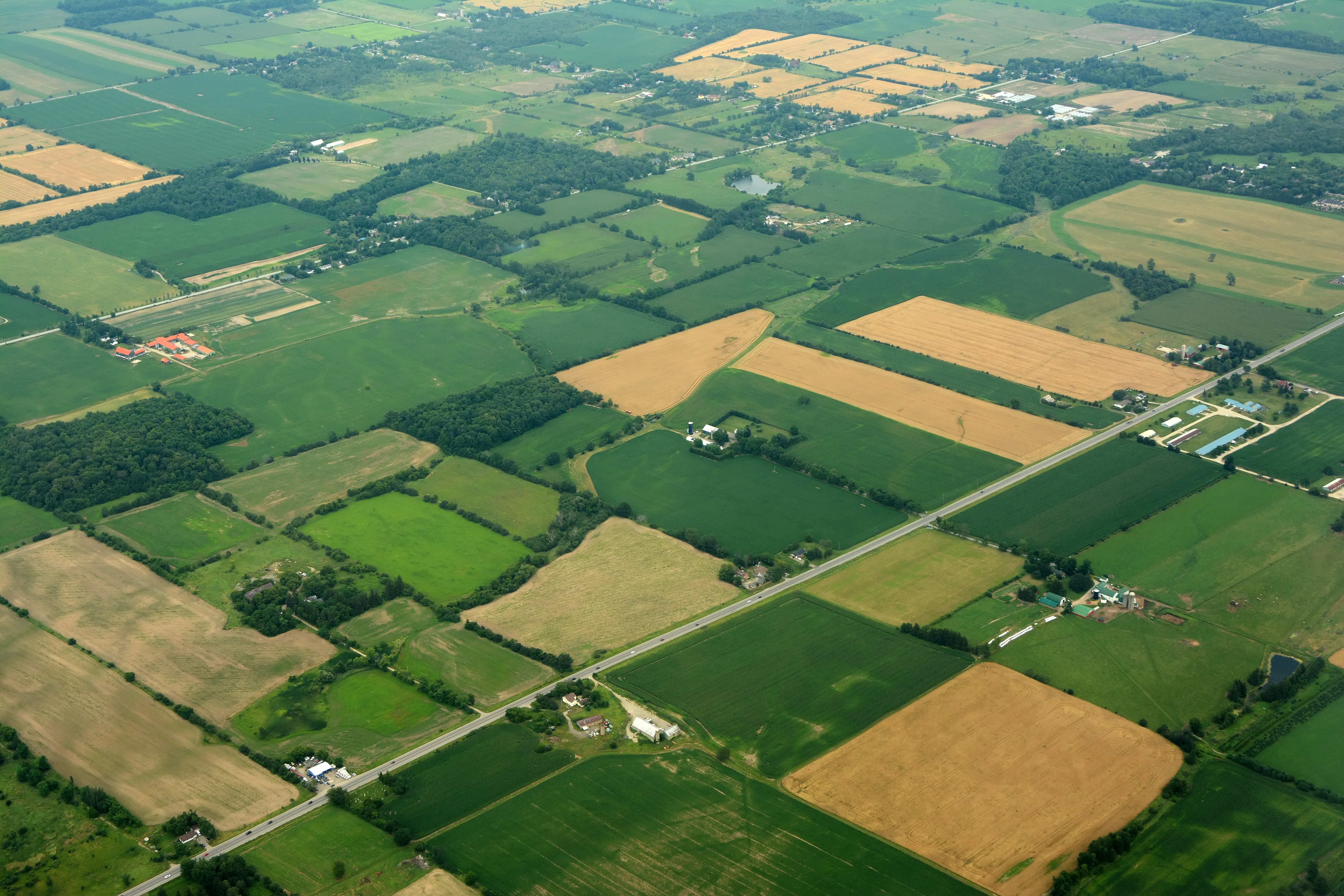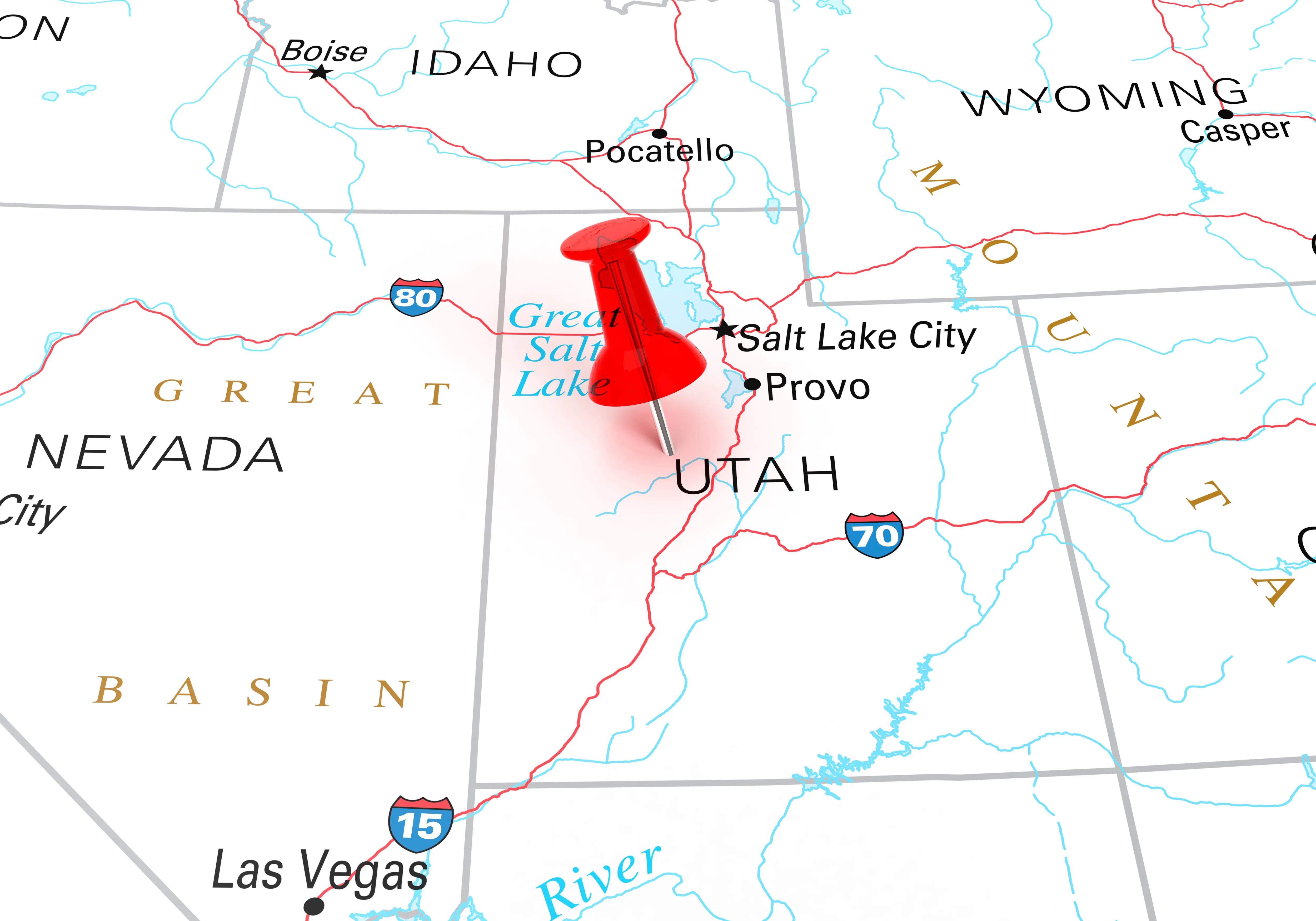
Organic farmers want more time to plant, qualify for crop insurance
(Iowa News Service) Organic farmers want more time to get their corn crops in the ground and still be able to qualify for crop insurance. Right now, they are held to the same timelines as conventional farmers, which they say puts them at a disadvantage and could cost them their full insurance coverage.
Both conventional and organic farmers are required to have their corn crops in the ground by the end of May in order to be eligible for all of their crop insurance if they need it. The U.S. Department of Agriculture's Risk Management Agency sets final planting dates based on crop and location.
Kelsey Willardson, policy associate at the Center for Rural Affairs, said organic farmers face challenges their conventional counterparts do not, and organic producers need more time for planting without losing their crop insurance coverage.
"Conventional farmers, it's pretty easy to get everything planted before that date," Willardson pointed out. "Organic farmers need to plant later because they need the soil to be warmer for their seeds, so they will emerge quicker. It also is a big part of organic weed management, is the timing of their planting."
Willardson noted organic farmers also have to wait until neighbors who may be conventional farmers are done planting before they put their crops in the ground to avoid pollen contamination. Currently, for each day farmers go past the planting deadline, they are penalized 1 percent of their potential crop insurance coverage while still paying for the full amount.
Noah Wendt, an Iowa crop insurance salesman and owner of A&W Organic Farms, sees stark differences in what conventional and organic farmers are allowed to use on their crops. Organic farmers use fewer seed treatments and other chemicals so they can retain their certification.
Wendt said as a result, organic farmers plant their crops two to three weeks later than conventional ones, putting them right up against the crop insurance deadline. He said an extension by the Risk Management Agency would give organic producers a lot more flexibility.
"So they don't feel like they're under the gun to get it planted when the soil conditions and the weather is not fit," Wendt explained. "It gives them more time and allows them to still achieve a higher revenue guarantee on crop insurance."
The Center for Rural Affairs said the Risk Management Agency can improve the equity of its services and protect the organic producers who are taking extra effort to care for and responsibly manage their land.
















